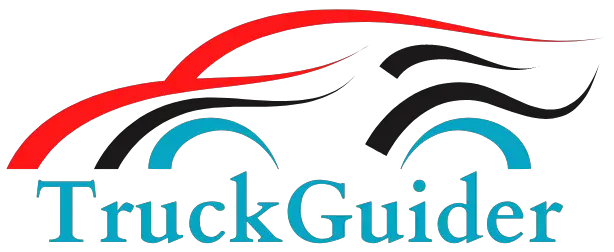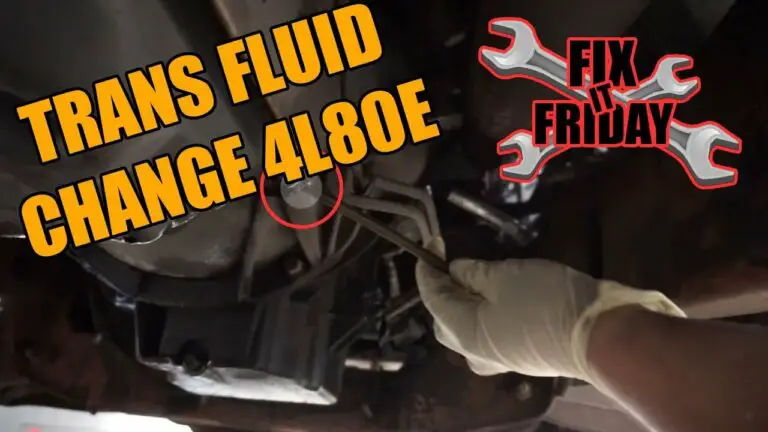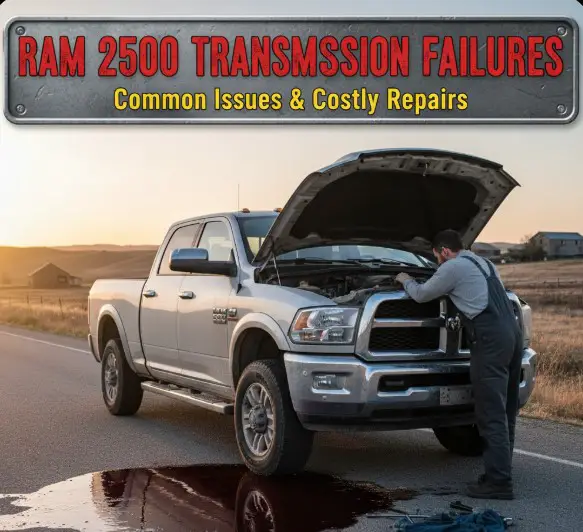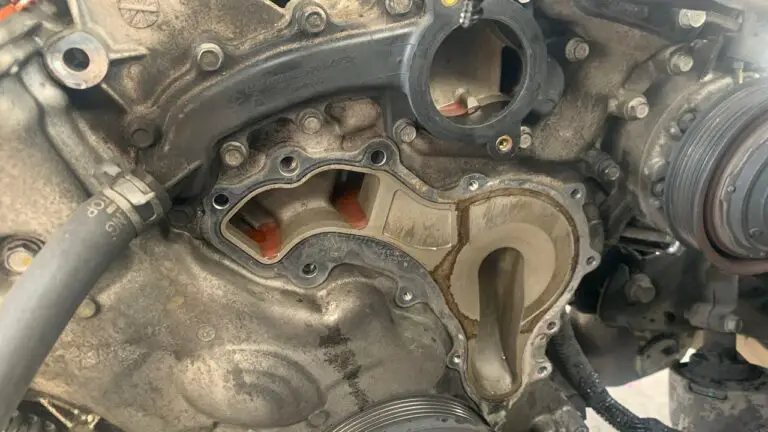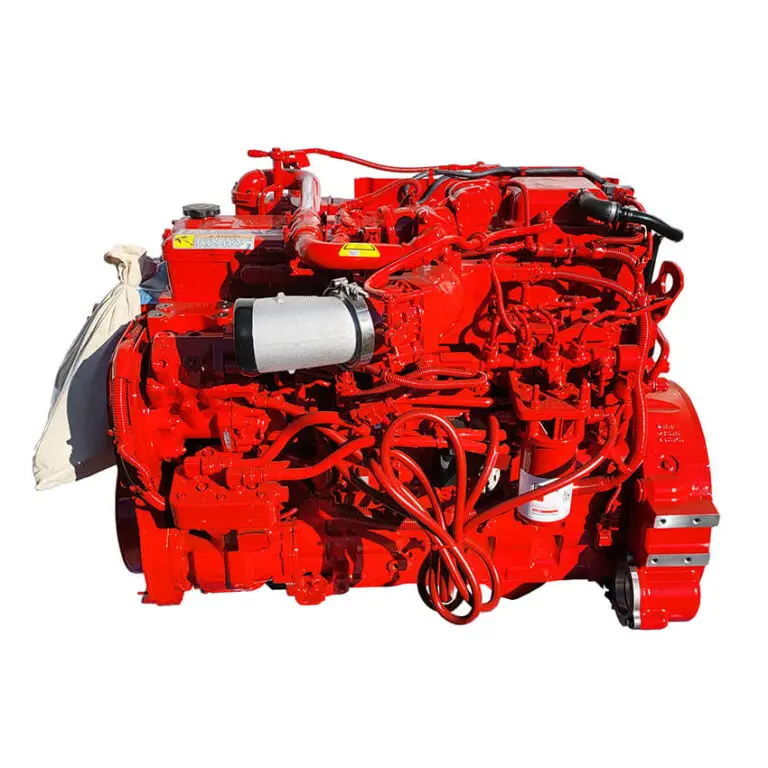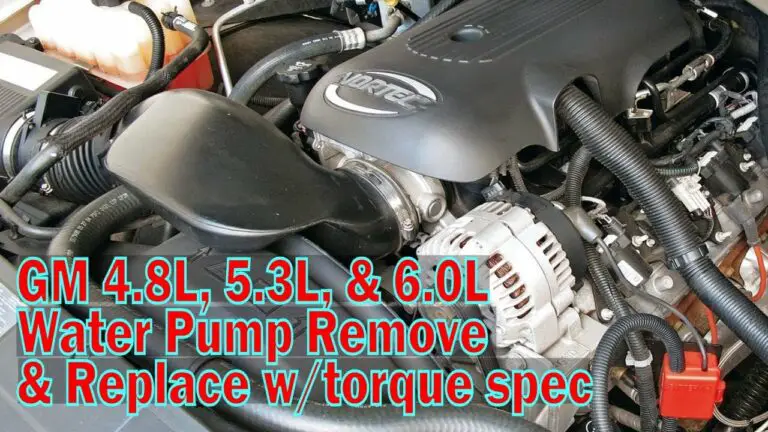Ford Lug Nut Torque Specs
The Ford Lug Nut Torque Specs depend on the type of wheel and tire combination that is being used. Generally, aluminum alloy wheels require between 80-90 ft.-lbs., while steel wheels require between 100-110 ft.-lbs.
It is important to use a torque wrench when tightening lug nuts in order to ensure they are tightened properly and evenly. Unevenly tight lug nuts can cause damage to the wheel or hub assembly over time. When replacing tires, it’s best practice to also replace all of the lug nuts as well for optimal performance and safety.
When it comes to keeping your Ford in top condition, one of the most important things you can do is make sure that all its lug nuts are properly tightened. Knowing and understanding Ford’s torque specifications for these components is essential as over-tightening or under-tightening them can lead to significant damage. If you’re unsure of the exact specs, consult your owner’s manual or take a look online; there are plenty of resources available with accurate information on torque requirements for different vehicle models.
2015 Ford F-150 Wheel Lug Nuts Torque Specs + Torque Pattern
What is the Torque Spec for F250 Lug Nuts?
When replacing your lug nuts on a Ford F250, it is important to use the correct torque spec. The general recommended torque spec for lug nuts on a Ford F250 is between 80-95 ft/lbs. However, this may vary depending on the year and model of your vehicle, so be sure to check with an experienced mechanic or refer to your owner’s manual for the exact specification.
It is also advisable to use a calibrated torque wrench when tightening your lug nuts as this will ensure that you have tightened them sufficiently without over-tightening them which can cause damage to the wheel hub assembly or other components in the wheel assembly. Finally, make sure you inspect each nut after installation and before driving away as any loose nut can pose a safety hazard while driving.
What is the Torque Spec for Lug Nuts?
When it comes to lug nuts, torque specs are essential. Lug nuts serve an important purpose in keeping your wheels securely attached to your vehicle, and they must be properly tightened with the correct amount of torque or else they can loosen over time resulting in potential safety hazards. The exact torque specification required for a particular wheel will vary depending on its size as well as the type of material used to make the lug nut.
Generally speaking, most cars require around 80-90 ft/lbs when installing wheels with standard steel lug nuts. Alloy wheels often require slightly higher specifications due to their lighter weight materials; sometimes up to 110-120 ft/lbs may be needed for proper installation. It’s always best practice to consult manufacturer guidelines prior to installation so that you know exactly how much torque is necessary for your specific wheel setup.
How Many Foot-Pounds Do You Torque Lug Nuts on a Car?
When it comes to torquing lug nuts on a car, the exact torque amount varies based on the type of vehicle and its wheel size. Generally speaking, most passenger cars require between 80 and 100 foot-pounds of torque for their lug nuts when installing them with a tire iron or ratchet. To ensure that your wheels are securely fastened to your vehicle, it is important to use a high quality torque wrench adjusted to the correct setting in order to guarantee that you have applied enough force.
It is also recommended that you check with your owner’s manual or look up specifications online if possible before attempting any work on your car; this will help make sure everything is done correctly and safely.
What is the Torque on the Mustang Mach E Lug Nuts?
The torque on the Mustang Mach E lug nuts is an important factor to consider when installing new wheels or making any other changes that involve loosening and tightening them. The factory-recommended torque for these wheel lugs is 94 ft-lbs, which must be accurately measured with a quality torque wrench. It’s important to use the correct amount of torque as too little can cause premature wear on the wheel studs and may lead to hubcap damage or worse; too much can cause excessive stress on the wheel studs and could result in them snapping during removal.
To ensure you’re always working within specification, it’s best practice to check your lug nut torques regularly using a reliable method such as a digital readout or dial indicator. Proper maintenance of your vehicle’s wheel lugs will keep you safe while also extending their life so that they’ll perform reliably for years to come!
What is the Lug Nut Torque on a 2015 Ford Mustang?
The lug nut torque on a 2015 Ford Mustang is usually around 80 lb-ft. However, it’s important to make sure you use the exact torque specified for your specific model year and engine as this can vary slightly from model to model. To ensure proper installation, always refer to your owner’s manual or consult a certified mechanic for the correct lug nut torque specification for your Mustang.
Failing to use the correct amount of torque when installing new wheels could cause serious damage that might affect both performance and safety. It is also important to check all wheel fasteners regularly for proper tightness, especially after periods of off-road or track driving where extra stress can be exerted on these components. Taking care of these details will ensure optimal performance and reliability from your Mustang while keeping it safe on the road!

Credit: www.youtube.com
19Mm Wheel Nut Torque
When it comes to 19mm wheel nut torque, the recommended tightening specification for most vehicles is 94-108 ft/lbs. It’s important that you use a torque wrench to ensure your wheels are properly tightened – an over-tightened wheel nut can cause damage or even breakage of the wheel stud. Additionally, always check your vehicle manufacturer’s manual for specific instructions regarding proper tightening procedure and specifications before performing any work on your vehicle.
Wheel Torque Specs
Wheel torque specs are the amount of force required to properly tighten a wheel on any vehicle. The exact amount of torque needed will vary depending on your car, the type of wheels you have, and even the weather conditions. It is important to use a quality torque wrench when tightening your wheels in order to ensure optimal safety and performance while driving.
Additionally, following manufacturer’s guidelines for proper installation can help prevent over- or under-tightening which could lead to damage or mishandling of your car.
Chevrolet Lug Nut Torque Specs
When it comes to Chevrolet vehicles, the correct torque for lug nuts is between 80 and 100 ft-lbs. When tightening lug nuts, always use a torque wrench so that you don’t overtighten them and risk damaging your wheels or tires. Additionally, it’s important to make sure all of the nuts are torqued in a star pattern – this ensures even pressure which results in better wheel balance.
Conclusion
In conclusion, it is important to know the Ford lug nut torque specs when changing or replacing a wheel. The lug nuts must be torqued properly and evenly in order to ensure that the wheel runs true and will not come off while driving. Knowing these specs can help reduce potential hazards that may occur due to improper installation of wheels.
It is recommended that you refer to your vehicle’s owner manual for the correct torque specifications before installing any new wheels on your Ford.
